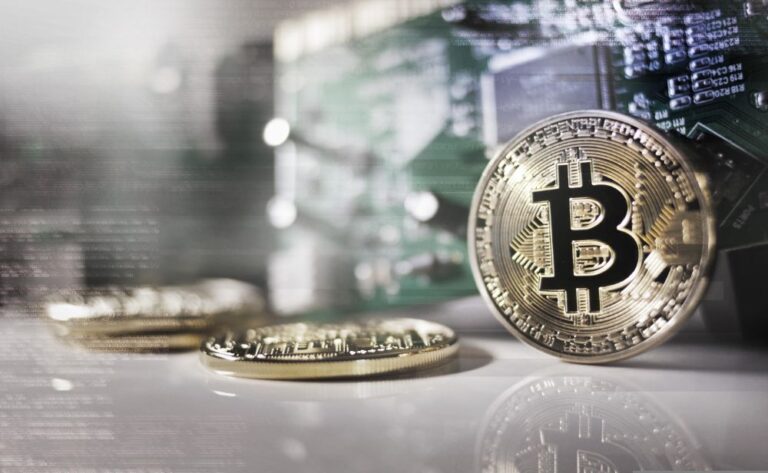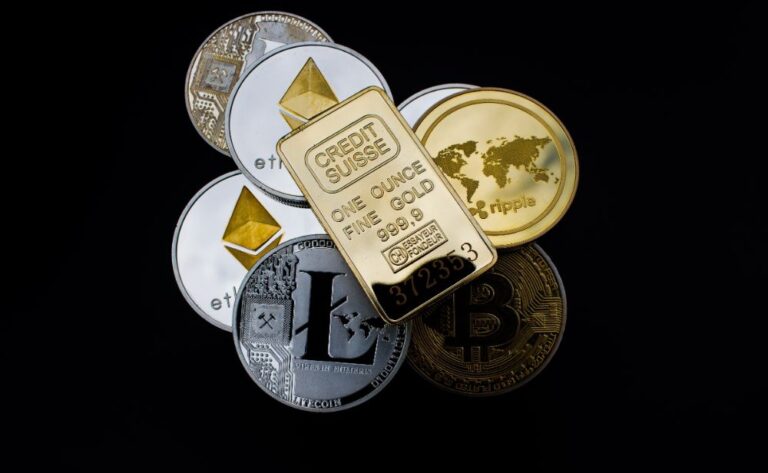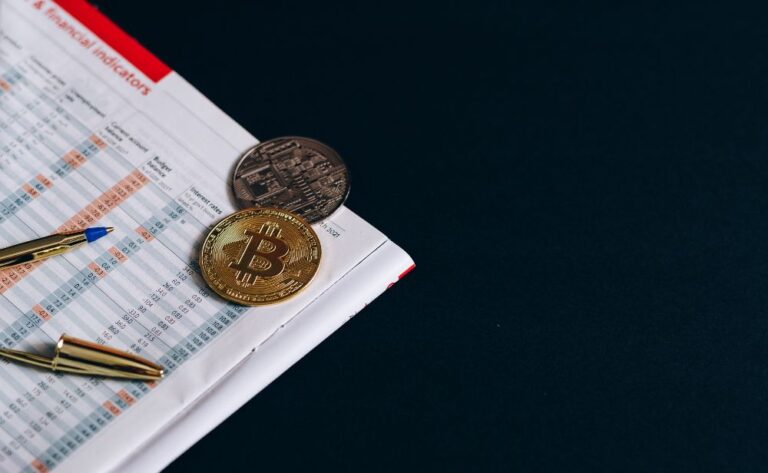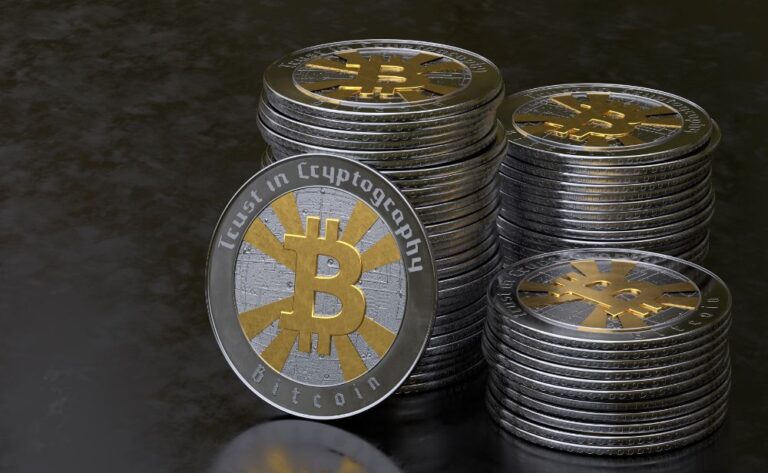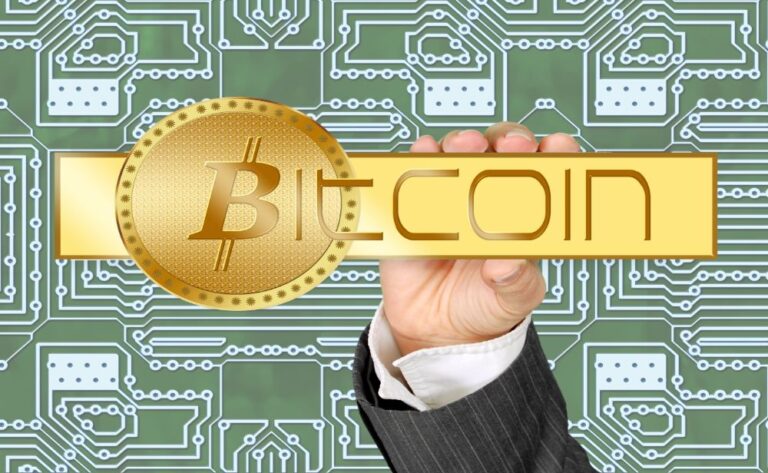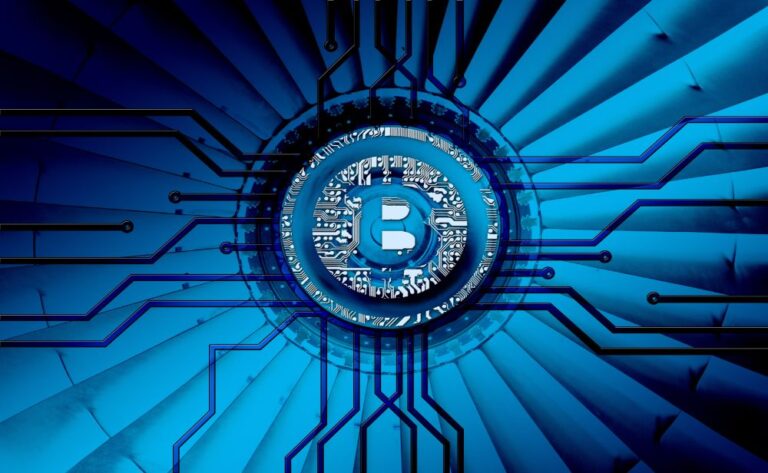What is a NFT? (Explanation of Non Fungible tokens)
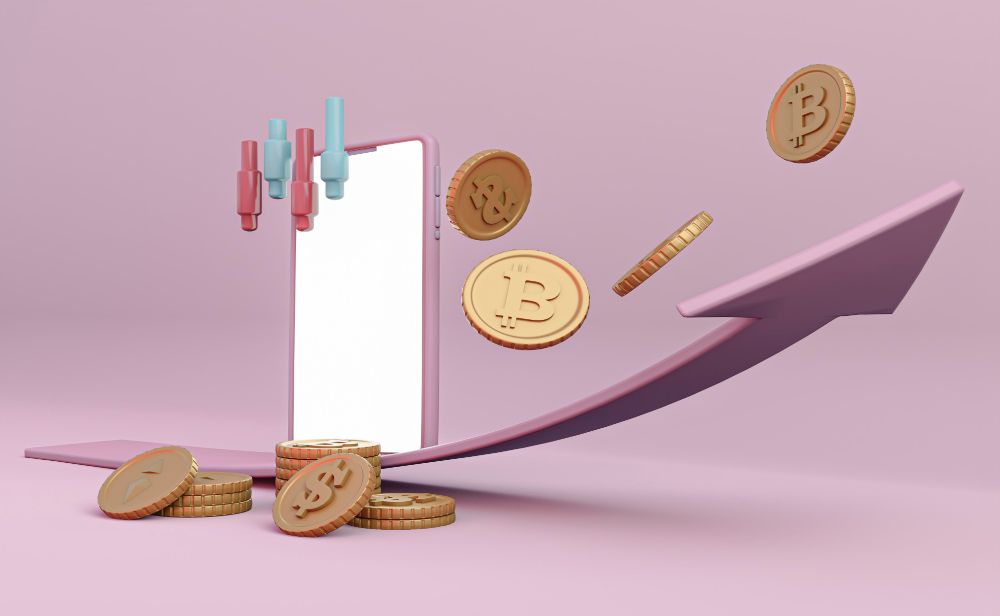
A NFT, also known as a Non-Fungible Token, is a sort of digital token or asset. These are frequently compared to digital trade cards or digital paintings. When purchasing an NFT, you are purchasing the rights to that particular asset.
To begin with, let’s define Non-Fungible… Essentially, it cannot be altered once it has been built. It cannot be divided, and it is distinct from related things (unlike a Bitcoin). One bitcoin is identical to one bitcoin, however NFTs are never identical.
A token is a tiny bit of data that you possess. Collectively, an NFT is a token you can possess that does not change over time.
If you do not wish to read this article in its entirety, we have made an animated film that you may view below.
When it comes to the technical aspects of the situation… NFTs are merely some data that belongs to a “address.” Whoever possesses the password for this address is the owner. This information is validated on a blockchain, and its ownership history is always verifiable.
Our text right here…
For instance, this crypto kitty (which sold for $600,000) is just a URL that belongs to an address.
There is typically a server someplace that holds the image, and they might technically edit it.
When purchasing an NFT, it is essential to understand exactly what you are getting. You are purchasing a data pointer to a server hosting an image or gif. The server may change and the image or gif could change, but the data that you actually hold on the blockchain is the piece of information.
When you purchase an NFT, you are essentially purchasing a small piece of data that symbolizes something greater. Why would you purchase an ETF? There are several reasons why people purchase collectibles, but the most prevalent reason is that they view them as investments.
Let’s examine what makes them advantageous.
What makes an NFT valuable?
The most important question regarding NFTs is what makes them valuable. Why would you want to own an NFT or invest a substantial amount of money on one?
You’re an Inventor
Have you ever pondered why being the first at something is so intriguing? Perhaps do something nobody has ever done or experience something nobody has ever seen. The same applies to NFT’s.
In the same way that Bitcoin is so popular due to its “first” status, the first NFTs issued by individual founders or corporations will likewise have value. Pokemon cards are rising in popularity rapidly, with “first edition” cards being the most expensive.
If you possess the first United States NFT, it will likely be considered as having some worth.
2. Utility (Real World Benefits)
Imagine if Elvis Presley was still alive and he sold fifty non-fungible tokens. By purchasing them, you have access for life to any shows he hosted. Due to their real-world benefits, these non-financial tokens would fast become incredibly popular and costly. I would only purchase a non-fungible token if it provided a tangible benefit.
I believe that in the future, NFTs will expand to include this feature – producers will sell them for a profit and, in turn, establish a membership society or host monthly luncheons, etc.
3. Uniqueness or Rarity
Consider the Mona Lisa. Anyone can have a duplicate of the Mona Lisa in their room, or at least they can try, but only one individual (or museum) can display the original Leonardo da Vinci artwork for all to see.
The same holds true for the original United States Constitution and a Babe Ruth-signed baseball. If Stephen Hawking minted only three Universe NFTs, they would be precious because only three originals exist.
4. Ownership Background
Who is your preferred celebrity? Most likely Robert Downey Jr.
Consider that he decides to sell his leather jacket and purchase a new one. Robert Downey Jr. paid $200 for it when he initially purchased it, but I would be willing to pay $800 for the identical jacket. The same is true of NFTs. Someone could be willing to pay $1,000,000 for a photograph of a duck that Barack Obama once owned.
With these factors in mind, you should consider what makes an NFT valuable.
If a non-fungible token is the first of its kind, if it offers a real-world utility, if it is rare, and if a valuable person held it… These are the questions to ask during the evaluation process. Let’s examine a recently sold NFT that was based on the founder’s first ever tweet.
Does the purchase of Jack Dorsey’s first tweet for $2.5 million suit any of the above?
• Initial: Yes!
• Usefulness: No You may not alter it to promote your business or something like.
• Unique: Yes!
• No Ownership History It is Jack Dorsey’s Tweet, but no notable person has yet claimed it. If it were my tweet and Pewdiepie’s, then the answer would be affirmative.
If you purchase his first tweet, you are betting that someone else will purchase it in the future… because keeping that NFT provides no benefit whatsoever – there is no utility. You are purchasing it as a novelty or for investment purposes.
Now that we’ve covered what they are and how they operate, let’s discuss their rapid rise in popularity.
This film was inspired by the Google trends data for March and May of 2021, which you can see below. We knew nothing, so we prepared this movie to aid others because the information we found was quite confused.
We’ll continue to update this Google Trends graph, so you can return to view it at any time.
Can a duplicate of your NFT be made?
Technically, an NFT can be duplicated just like a work of art, but the original NTF address can be tracked back to its author because all NFTs contain a transaction history log.
Someone could establish an NFT that points to the same hosting address as yours, or to a different URL containing the same image or gif. The value of an NFT is the precise bit of data, not the image.
Similar to how I could make a free throw at my local YMCA, but Lebron James could do so in front of 30,000 spectators — One has much more worth owing to what others think of it. I may be doing the same thing as Lebron, but his free throws are far more valuable than mine.
How do you buy an NFT?
Acquiring an NFT is extremely straightforward, and is probably on par with purchasing a company’s stock.
Most NFTs are sold on platforms that specialize in token sales, including as eBay, Amazon, and Facebook.
A potential problem is that the majority of NFTs are purchased with Ethereum, thus you’ll likely need to possess some Ethereum before buying a cryptokitty or NBA Topshot. Transferring cryptocurrency typically requires some technical expertise, as a mistake could result in the loss of all funds involved.
Here are a few of the most popular NFT exchanges where you can purchase and sell:
1. App.rarible.com
2. Niftygateway.com
3. Opensea.io
4. Superrare.co
You must first create an account on the desired website.
Second, you must either purchase cryptocurrency or transfer it to the exchange’s wallet. NFT wallets are similar to other cryptocurrency wallets in that they contain both a public and private key. The majority of cryptocurrencies are based on ERC-721 protocols.
You will then bid and pay for the NFT you wish to acquire, and if successful, it will be added to your account and you can then transfer it to a wallet.
Where is an NFT stored?
Now that you’ve acquired an NFT, you’re likely pondering its storage options. You’ll want to ensure that your newly acquired item is secure and easily available so that you can display it to your friends and other individuals.
The best option to store your NFTs is on a hardware wallet, similar to Ledger Live, where they are offline and protected, but if you prefer to keep them online and on a good software, you can also consider these wallets.
1. MetaMask.io (However, you can only view your collectibles on mobile)
2. Trustwallet.com
3. Enjin.io
Conclusion
Now that you understand the fundamentals of what an NFT is and how it operates, you will be able to navigate the market with a bit more confidence than before.
We do not know what NFTs will look like in ten years, but we are delighted to teach you and everyone else about them.
